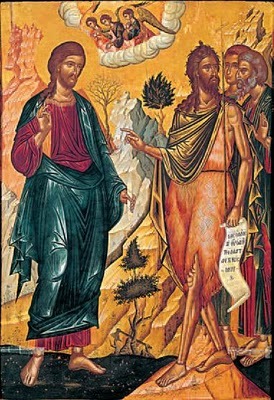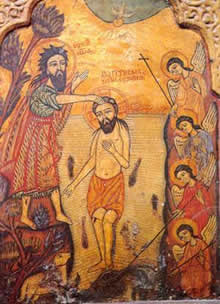“Blessed are those who hunger and thirst
after righteousness…” (Matthew 5:6)
So here’s Jesus doing a little in-service
with his disciples (Matthew 5:1-12). My go-to gal for all things lectionary
preaching, Dr. Karoline Lewis of Luther Seminary in St. Paul, MN, reminds me in
her article for Working Preacher that
Jesus isn’t holding a big, Billy Graham-style evangelistic rally when he
preaches his Sermon on the Mount. He’s not talking to Gentiles or regular
Jewish folks. He’s talking to his disciples—people
who already want to be his followers. Basically, he’s talking to us.
And what’s his message? He’s telling us
who God loves and favors. He’s telling us who are the ones who find happiness
in God. And who are they? They’re the suffering and the afflicted and the folks
who are trying to do what’s right.
The most egregious dumbing-down of this discourse
I’ve ever heard was from Dr. Robert Schuller who referred to the Beatitudes as
the “Be Happy Attitudes.” As much as I may admire all that the late
televangelist has done to promote the Gospel, I really have to take issue with
him for neutering this quintessential teaching of Jesus and turning it into a
self-help lecture. I can’t imagine anything being further from what Jesus
intended. The Beatitudes are a statement of God’s value system—a system which is
diametrically opposed to the values of the world.
The Schullers and Osteens and others have
preached for a long time that God desires to see us prosper. I don’t really
doubt that. What I’d like know, however, is how God understands prosperity. The
Bible is full of stories of men who were blessed with material wealth but whose
personal lives were filled with conflict and heartache. Look at Abraham, Isaac,
Jacob, David, and Solomon. Then there are characters like Elijah, Jeremiah, and
John the Baptist who are greatly honored as heroes of the faith yet knew
nothing but poverty and struggle.
Our culture blesses wealth, status,
beauty, and power. We say we abhor violence, but—boy howdy!—we love those who
have the potential to do violence. We
are being told that greatness lies in our ability to intimidate others. We
despise weakness.
But Jesus calls blessed those who are humble,
peace-loving, and filled with a capacity for mercy and kindness. Jesus calls
blessed those whose only desire is to do what is right for the people and the
creation God loves. If we are really Jesus’ disciples, we need to get this
notion straight before we attempt to do anything else. Any proclamation of
Jesus’ lordship will ring hollow if we haven’t embraced the values he teaches
us here.
Righteousness is its own reward. If a
little church elects to open a daycare center because the neighborhood needs a
daycare center, that’s well and good. The poor are served and the need is met.
If, however, the little church opens a daycare center because they feel it will
increase their membership or provide extra revenue to keep their church afloat,
then they’re missing the point. They should be doing what is right because it’s right. If virtue is not its
own reward, then it is not virtue but commerce.
I am greatly distressed by the feeling in
America today. There is so much anger in our discourse, so much talk of “winning”
and “defeating” the opposition. It seems so hard these days to speak of righteousness
with love and humility, but such is the only way we can speak as disciples of
Jesus.


